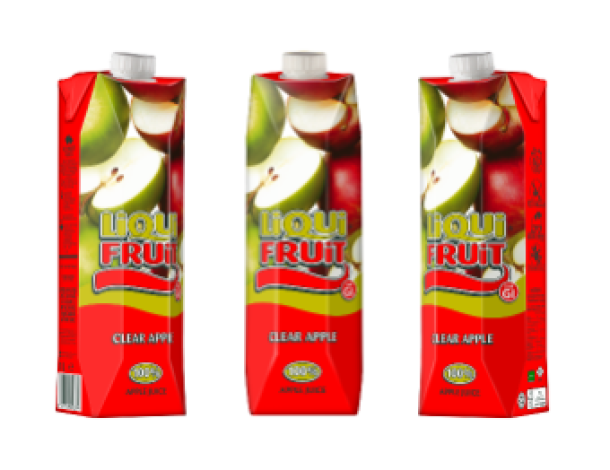State to tighten up procurement processes to curb corruption
The government on Wednesday highlighted shortcomings in its procurement and supply chain processes, saying they needed to be made more efficient.
Some estimates are that up to R30bn is being lost annually to corruption in all spheres of government, emphasising the need for a tightening of systems.
The public sector spent R500bn on goods and services and construction work in the 2013-14 fiscal year, a supply chain management review released by the Treasury showed.
But the review admitted that there were numerous inadequacies. They included: staff who did not understand the importance of what they did; inadequate skills; high staff turnover; no separation of responsibilities between technocrats and political office-bearers; no consequences for those who failed to perform appropriately; cumbersome regulations and policies; and the difficulty of balancing transformation with getting work of the right quality at the best prices, on time.
Free Market Foundation executive director Leon Louw said addressing corruption and making procurement more efficient required transparency. "There need to be checks and balances, transparency, independent assessors and access to information by people bidding for tenders."
The review, by the office of the chief procurement officer, focused on all aspects of the process of acquiring goods and services — hence the use of the term supply chain management. A central list of approved suppliers that have been vetted for cost and quality has been created, managed by the chief procurement officer. The list is made up of 37 contracts covering more than 8,000 line items with an estimated annual value of more than R16bn. The Treasury said the list of nationally negotiated contracts would be expanded over the next three years.
The review proposed a number of reforms, which it said would help the public sector get value for money and ensure good-quality service delivery.
They included consolidation of legal instruments applicable to supply chain management under one piece of legislation similar to the Public Finance Management Act or the Municipal Finance Management Act.
Other changes would be to standardise documentation and to set up a centralised database.
Deloitte public sector leader Nazeer Essop said the government needed a "fair value pricing model for common goods", which would prevent departments from paying different prices for the same products. "Centralising suppliers will also help government save a lot of money."
The government is also examining existing contracts in various sectors including banking, information and communication technology, professional services, security services, school textbooks and stationery.
On banking, the review said a feasibility study was being conducted to assess the cost and benefits of negotiating banking services centrally. SA’s four major banks provide banking services to more than 660 government entities. This system was fragmented, with high transaction costs, the review said.
The government is also procuring audit and financial management consulting services centrally to reduce spending on consultants, which amounts to R12bn each year, higher than the R3.5bn spent each year on security services, physical security and access control.
The government has been losing billions through wasteful spending by some of its departments and through corruption, particularly related to tenders.
The review raised concern over the "few, if any" consequences for those who, "despite support and encouragement", failed to perform at the required level.
In future everyone in the procurement process will be required to do more. Accounting officers and authorities will have to report on procurement plans, tenders to be advertised, tenders awarded, supplier company information, the value of each award and progress in implementing tenders.
Related Articles

Clicks expands service delivery with the openin...

SPAR drives logistics innovation across distrib...

Futureproofing the supply chain in Sub-Saharan ...

Pioneer foods announces recall of certain 100% ...


